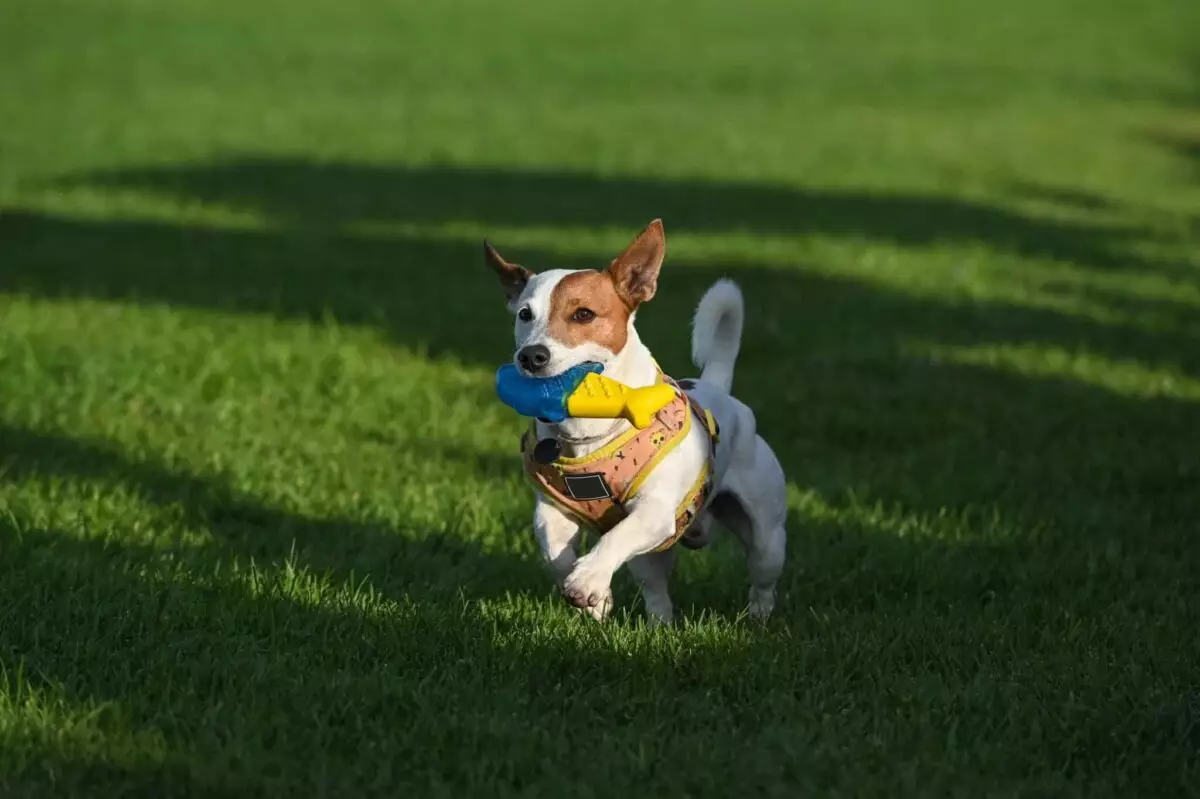As individuals aged 60 and beyond seek companionship in their golden years, choosing the right dog breed becomes a crucial consideration. Dogs can provide incredible affection, companionship, and joy, but not every breed is suitable for the senior lifestyle. Factors such as energy levels, size, and grooming needs can vastly impact an older adult’s ability to care for a dog sustainably. Therefore, understanding which breeds align well with a senior’s capabilities is vital for nurturing a fulfilling relationship with their canine companion.
One of the primary characteristics to consider when selecting a dog breed for seniors is energy level. Many breeds, while endearing, have high exercise requirements that can prove overwhelming for older adults. For instance, breeds like the Siberian Husky and Border Collie are notorious for their boundless energy and need for extensive engagement. Huskies, with their independent spirits, require not only ample exercise but also consistent supervision due to their tendencies to escape. Border Collies, being one of the most intelligent breeds, demand constant mental stimulation; thus, they can easily become bored if left without engaging activities. For seniors who lead a more leisurely lifestyle, such dogs might just be too demanding.
On the other end of the spectrum, breeds that maintain moderate energy levels can offer companionship without overwhelming their owners. Small to medium-sized dogs such as Cavalier King Charles Spaniels or Bichon Frises tend to require less physical activity and are typically more adaptable, making them excellent companions for seniors.
The size of a dog is another essential consideration for seniors. Large breeds like Great Danes and Rottweilers, despite being gentle giants, can be physically difficult for older adults to manage. Their size demands a certain level of physical strength; seniors with mobility issues may find themselves struggling to control a large dog during walks or encounters with other animals. Even breeds that are otherwise well-tempered can pose challenges due to their weight and strength.
Conversely, smaller breeds are often easier to handle and more suitable for seniors. Breeds such as the Pug or French Bulldog can provide companionship without the physical demands associated with larger dogs. Their manageable size, combined with loyalty and affection, often creates a harmonious bond between pet and owner.
A dog’s temperament also plays a critical role in determining its suitability for seniors. Some breeds, like the Jack Russell Terrier or Dogo Argentino, have strong prey drives or stubborn personalities that can pose training challenges. Such traits may overwhelm seniors who might not have the experience or physical ability to manage a strong-willed dog.
In contrast, breeds known for their calm demeanor—like the Shih Tzu or Maltese—can often make more suitable companions for older adults. These dogs usually have a friendly temperament and adapt well to indoor living, allowing them to share a peaceful environment with their owners.
The necessity for mental stimulation varies greatly from breed to breed. Breeds such as Vizslas and Belgian Malinois thrive in dynamic environments and need ongoing tasks to avoid boredom. High intelligence coupled with frustration from lack of activity can lead to unwanted behaviors like chewing or barking.
Seniors who prefer a more relaxed lifestyle might find dog breeds that are more easygoing and require less engagement more suitable. Breeds like the Newfoundland or Labrador Retriever often exhibit gentle natures, providing affectionate companionship without the constant demands seen in more energetic counterparts.
Grooming is frequently an overlooked aspect when selecting a dog breed. While some seniors may have the physical capability to engage with their pets, the maintenance associated with high-shedding or high-maintenance dogs—including breeds like Dalmatians and Akitas—can be burdensome.
Opting for low-shedding breeds, such as the Schnauzer or Yorkshire Terrier, can make the care of a pet much more manageable. Additionally, these breeds often enjoy cuddling, which can be immensely comforting for seniors.
As seniors venture into the world of dog ownership, taking the time to assess energy levels, size, temperament, and grooming needs is essential for fostering a rewarding relationship with a furry friend. While each dog possesses its unique personality and requirements, choosing a breed that complements a senior’s lifestyle allows for an enriching and joyful companionship. It’s about finding harmony between the dog and its owner, ensuring that both can enjoy their years together comfortably and happily.

